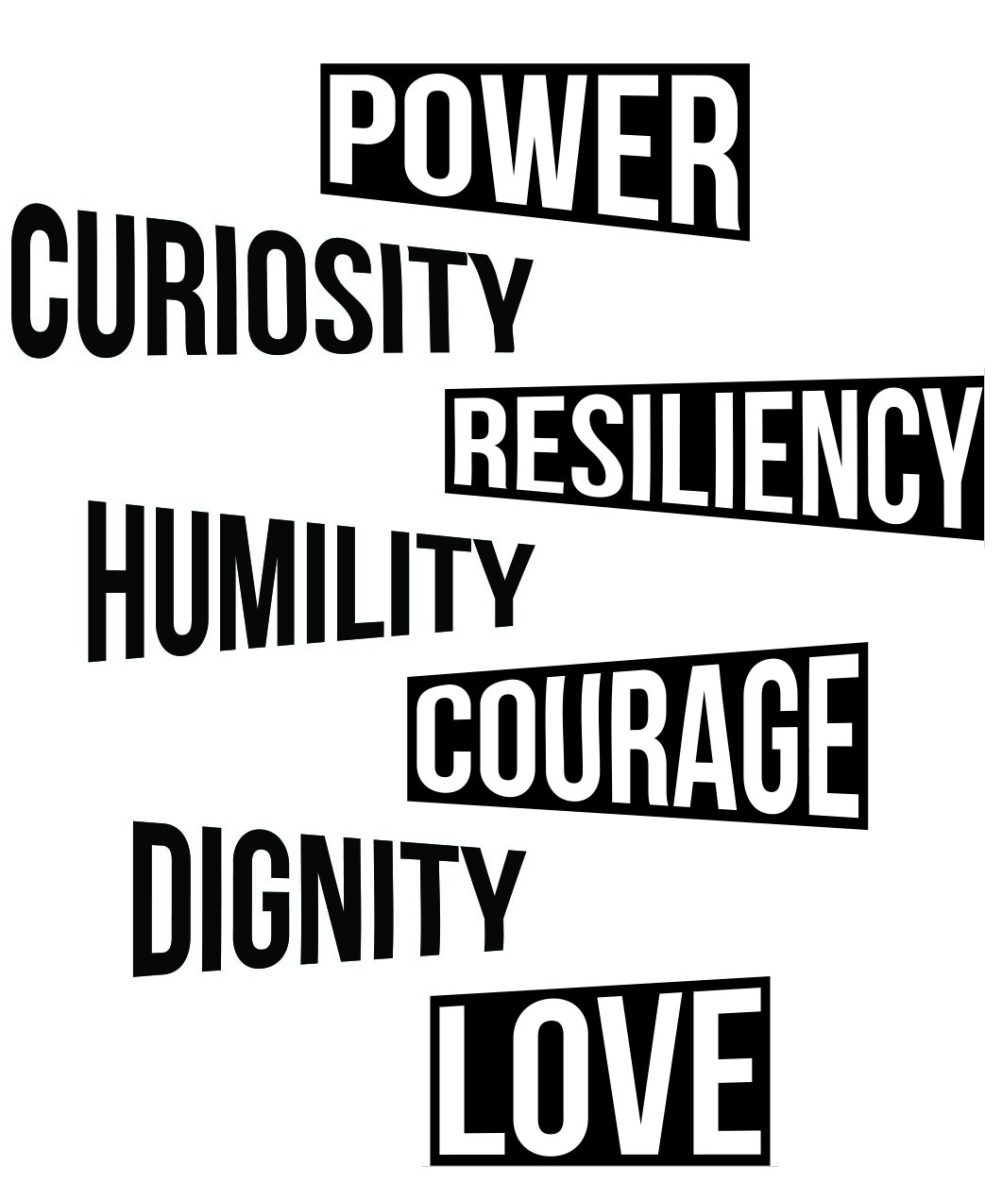At Colorado Mesa University (CMU), seniors are mourning the loss of the formalities of a graduation ceremony.
It’s not hard to see why students getting ready to don their cap and gown are somber. College graduation is a rite of passage for many people; an entryway into adulthood of sorts. And for many first-generation students, being awarded a college degree can feel less special when it’s done in an online, makeshift environment.
These problems aren’t exclusive to CMU; they’re problems that students around the world are faced with.
But sometimes, when people’s plans are altered, they can lose perspective on just how fortunate they are.
Truthfully, COVID-19 has affected almost every person on the face of the planet; from something as minor as having to be quarantined to as major as losing a loved one, the coronavirus has disrupted billions of lives around the globe.
But not all those affected have felt the repercussions of the virus in the same way.
Sure, having to adapt to an online or postponed graduation ceremony is less than ideal, especially when the graduate was anticipating a grandiose commencement into adulthood. But when stacked against the woes of others, an online graduation ceremony hardly even qualifies as a problem.
People living in refugee camps in places like North Africa, Europe and the Middle East have a myriad of problems that have only been amplified by the coronavirus. Many of these refugees are Syrians, who have fled the horrors of war. These people live in tents and in close proximity to other refugees. Unfortunately for them, they do not have the luxury of self-isolation.
With an unsteady food supply, unclean water and overall poor sanitation, the living conditions of these refugees are a haven for the spread of illnesses, especially COVID-19.
Other people, regardless of socioeconomic status or nationality, have lost family members, friends and significant others to the virus. Now, even when the pressure that COVID-19 has been on the world is alleviated, those who’ve lost someone will never be able to resume their normal lives.
In countries that have been ravaged by war, the obstacles that these people must overcome are especially daunting. In Afghanistan, war has pillaged the country so much so that a sturdy infrastructure has become a thing of the past. In fact, Afghanistan anticipates that they could have over one million cases of the virus due to their inability to respond to an outbreak.
The idea of “first-world problems” has become a bit of a cliché. People joke about their woes as being“first-world problems,” implying the triviality of their issues.
Just because the phrase has become cliche doesn’t mean that it negates its validity. For so many, a makeshift graduation may be a let-down, but it really is not a problem. Being quarantined in a safe household is a privilege in comparison to the circumstances of others around the world.
Keep things in perspective.
If it’s hard, think of this: for a little over two years, Anne Frank hid in an attic with her entire family and four other Dutch Jews during the holocaust. They had to be silent in such cramped quarters, all without the leisure of Netflix, Hulu, online shopping and the other things many of us have to keep busy during self-isolation.







